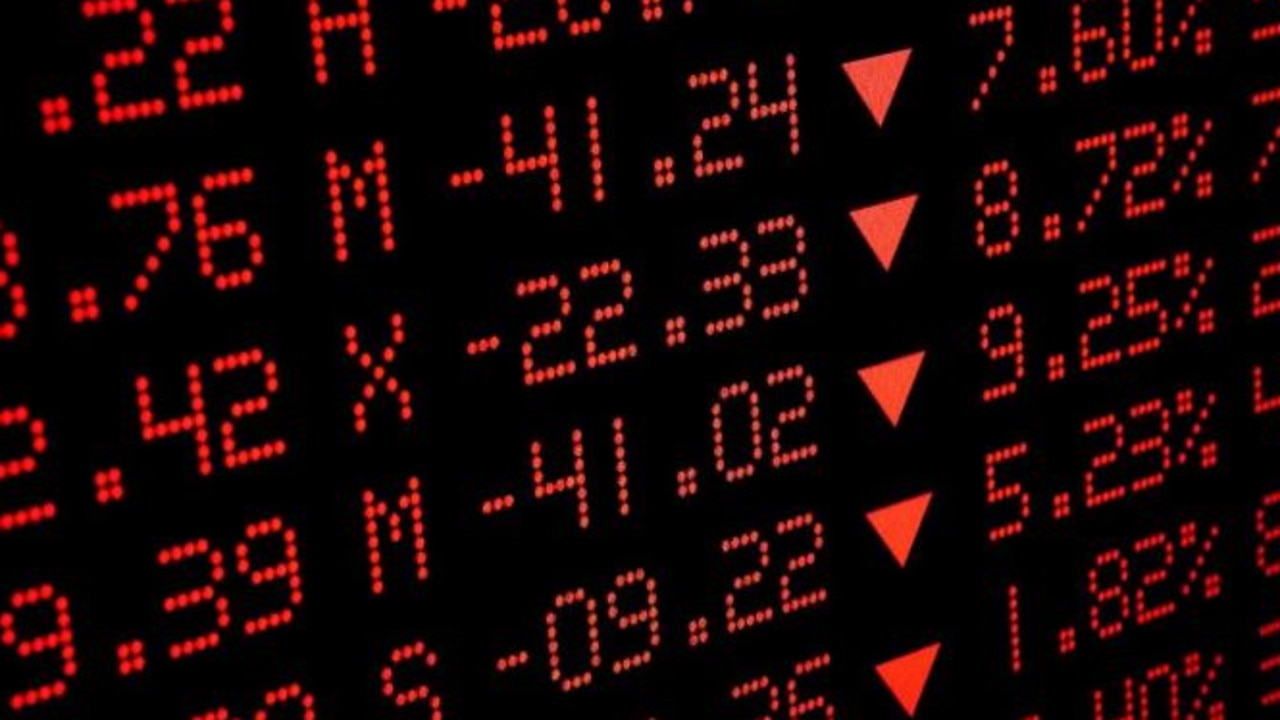[ad_1] A UK economist has delivered a dire warning to the rest of the world amid new “compelling” data which suggests a recession is on the cards wi
[ad_1]
A UK economist has delivered a dire warning to the rest of the world amid new “compelling” data which suggests a recession is on the cards within a matter of months.
Chris Watling, chief executive of financial advisory firm Longview Economics, recently told CNBC that “brutally bad” economic indicators were painting a grim picture for investors.
The financial advisor’s comments come after global think tank The Conference Board revealed its Leading Economic Index for the United States saw a 1.2 per cent decline in March – the lowest figure since November 2020.
This could be a red flag for the rest of the country’s economy, with such figures potentially indicating any weakness in the current economic climate could soon intensify and spread.
In addition to the index slipping to its lowest level in almost two and a half years, Mr Watling said the inversion of the US Treasury yield curve – which first occurred in March 2022 – is an indicator a recession is imminent.
The US Treasury yield curve shows the relationship between interest rates and maturities of US Treasury fixed-income securities, according to Investopedia.
“Every time you’ve had that in the US, you’ve had a recession. So I think it’s coming, it’s on its way. It’s just a timing issue,” Watling told CNBC’s Squawk Box Europe.
It comes after the International Monetary Fund (IMF) released its World Economic Outlook report earlier this month which warned the world was lurching towards a nasty recession, with the risks skyrocketing for richer nations – including Australia.
‘Period of great disorder’ looms
Meanwhile, the timing and intensity of a recession could be determined by what billionaire investor Ray Dalio calls the “big cycle”.
The hedge fund manager said forces like debt, wealth, conflict, acts of nature and the evolution of technology will form a “period of great disorder”.
Mr Dalio claims such an event would see “financial turbulence and great conflicts within and between countries”.
There are five forces that could contribute to disruptions in “domestic and world orders” according to the Bridgewater Associates asset management firm founder.
The first one is the generation of large debts through the efforts of major banks.
“The creation of enormous amounts of debt bought by central banks via their printing of money and buying the debt, (is the first force),” Mr Dalio said in a LinkedIn post.
“In other words, the government finances itself in a big way by both borrowing a lot and printing a lot of money.”
The second and third forces include “big conflicts” within and between countries, prompted by “wealth and value” gaps causing political divide and countries challenging existing world powers and orders.
Climate change, the pandemic and natural disasters – which fall under the acts of nature – is the fourth force that has the capacity to change world order.
Finally, the invention of new technologies, use of artificial intelligence (AI) and development of the internet is the last factor to drive change.
“Each force, and most importantly, the combination of them, is now occurring at the largest magnitude since the 1930-45 period,” Mr Dalio said.
But while it may seem like the world has reached a stage of “great disorder” already due to events like Russia’s invasion of Ukraine, the cost of living crisis and the global pandemic, fortunately we’re not quite at that stage just yet.
Rather, Mr Dalio said the world is in the 13th short-term debt cycle stage of the self-proclaimed “Big Cycle” event, after 12 similar events which unfolded between 1945 and today.
“This is when the tightening to fight inflation is causing a cracking in the financial markets and just before there is the economic contraction part of the cycle,” Mr Dalio said.
“Looking at the long-term debt cycle, debt asset and debt liability levels have become unsustainably high via unsound finances, and debts are projected to increase so much that they will have to be bought by central banks.”
Ultimately, Mr Dalio said the economic system is near a point where “restructurings” are needed to counteract the impact high interest rates have on borrower-debtors.
We should be ‘prepared for the worst’
Mr Dalio expressed there’s no doubt the world is changing and will continue to evolve “dramatically”, however, he also argued the outcome of such changes will depend on how such changes are managed.
“If the people who have their hands on the levers of power rise above their tendencies to focus on … their own benefits and instead focus on working together to … divide the pie well, (the five forces) can change in peaceful ways to create a better world order for most people,” he said.
While bipartisanism is the ideal outcome, the billionaire knows this probably won’t be the most realistic result.
“I agree that history has shown the pursuit of self-interest has proven to be a more powerful force than the pursuit of collective interests and that there is a good chance that movement to higher-level thinking and better outcomes is unlikely,” he said.
“So we also should be prepared for the worst. If we are prepared for the worst, we will be fine.”
[ad_2]
Source link



COMMENTS